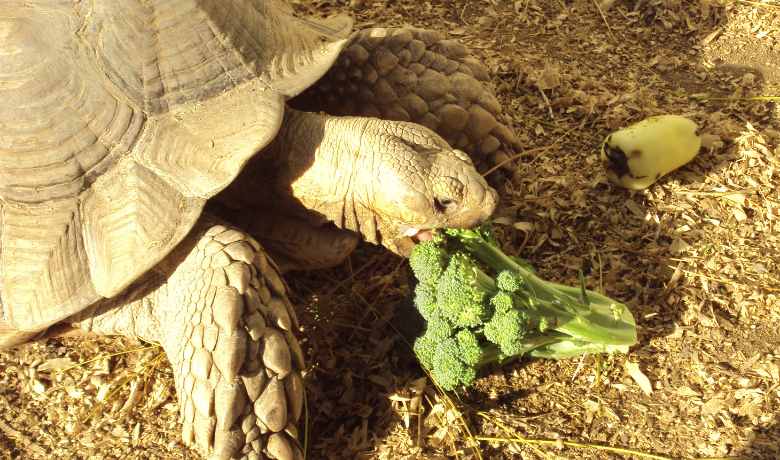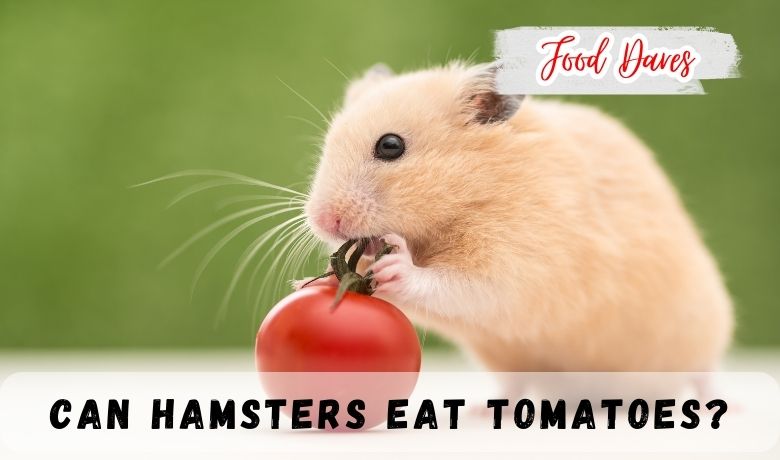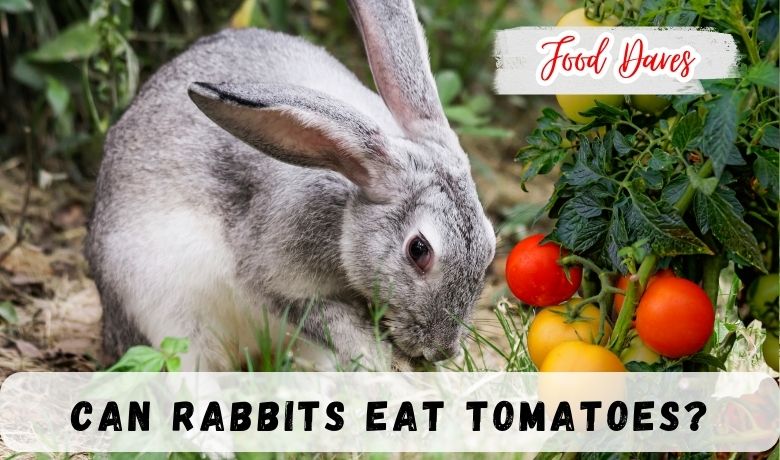Tortoises are fascinating reptiles known for their slow and steady nature. As herbivores, their diet mainly consists of plant matter. While leafy greens like lettuce and dandelion greens are commonly recommended for their diet, many tortoise owners wonder if they can incorporate broccoli into their pet’s meals. In this article, we will explore whether tortoises can eat broccoli, its nutritional value, potential benefits, and precautions to keep in mind.
Understanding the Nutritional Value of Broccoli
Broccoli (Brassica oleracea) belongs to the cruciferous vegetable family and is widely recognized for its health benefits for humans. It is packed with essential nutrients like vitamins, minerals, and dietary fiber. Broccoli contains vitamin C, vitamin K, vitamin A, folate, calcium, and potassium, making it a nutrient-rich choice for humans.
Can Tortoises Eat Broccoli?
Yes, tortoises can eat broccoli, but it should be offered in moderation. Broccoli can provide some nutritional benefits for tortoises if included as part of a varied and balanced diet. However, it should not be the sole or primary food source.
Benefits of Feeding Broccoli to Tortoises
Fiber content: Broccoli is rich in dietary fiber, which aids in healthy digestion and helps prevent constipation in tortoises.
Vitamin C: Broccoli contains vitamin C, which is essential for the overall health and immune function of tortoises.
Calcium: While broccoli is not an excellent source of calcium, it still contributes a small amount, which is beneficial for shell and bone health in tortoises.
Antioxidants: Broccoli contains antioxidants that can help boost the tortoise’s immune system and protect against cell damage.
Precautions and Considerations
Moderation
Broccoli should be offered in moderation, as an occasional treat or supplement to the tortoise’s main diet. Too much broccoli can lead to digestive issues or other health problems.
Oxalates
Like many leafy greens, broccoli contains oxalates, which can bind to calcium and hinder its absorption. Excessive consumption of high oxalate foods may contribute to the formation of kidney stones in tortoises. Therefore, it is important to offer a diverse range of vegetables to ensure a balanced intake of nutrients.
Chopping and Steaming
To make it easier for tortoises to eat, it is recommended to chop the broccoli into small, bite-sized pieces. Steaming the broccoli lightly can also improve its digestibility.
Building a Balanced Diet for Tortoises
While broccoli can be included as part of a tortoise’s diet, it should be complemented with a variety of other vegetables, leafy greens, and occasional fruits. Some suitable options for tortoises include dandelion greens, collard greens, kale, mustard greens, and hibiscus leaves. It is crucial to research and offer a diverse selection of appropriate foods that meet the specific nutritional needs of your tortoise species.
Conclusion
Broccoli can be a nutritious addition to a tortoise’s diet when offered in moderation and alongside other suitable vegetables. Its fiber content, vitamins, and antioxidants provide some health benefits for tortoises. However, caution should be exercised due to its oxalate content, and it should not replace the primary components of a tortoise’s diet. As always, consulting with a reptile veterinarian or a herpetologist is advisable to ensure you are providing the best possible care and nutrition for your tortoise.



